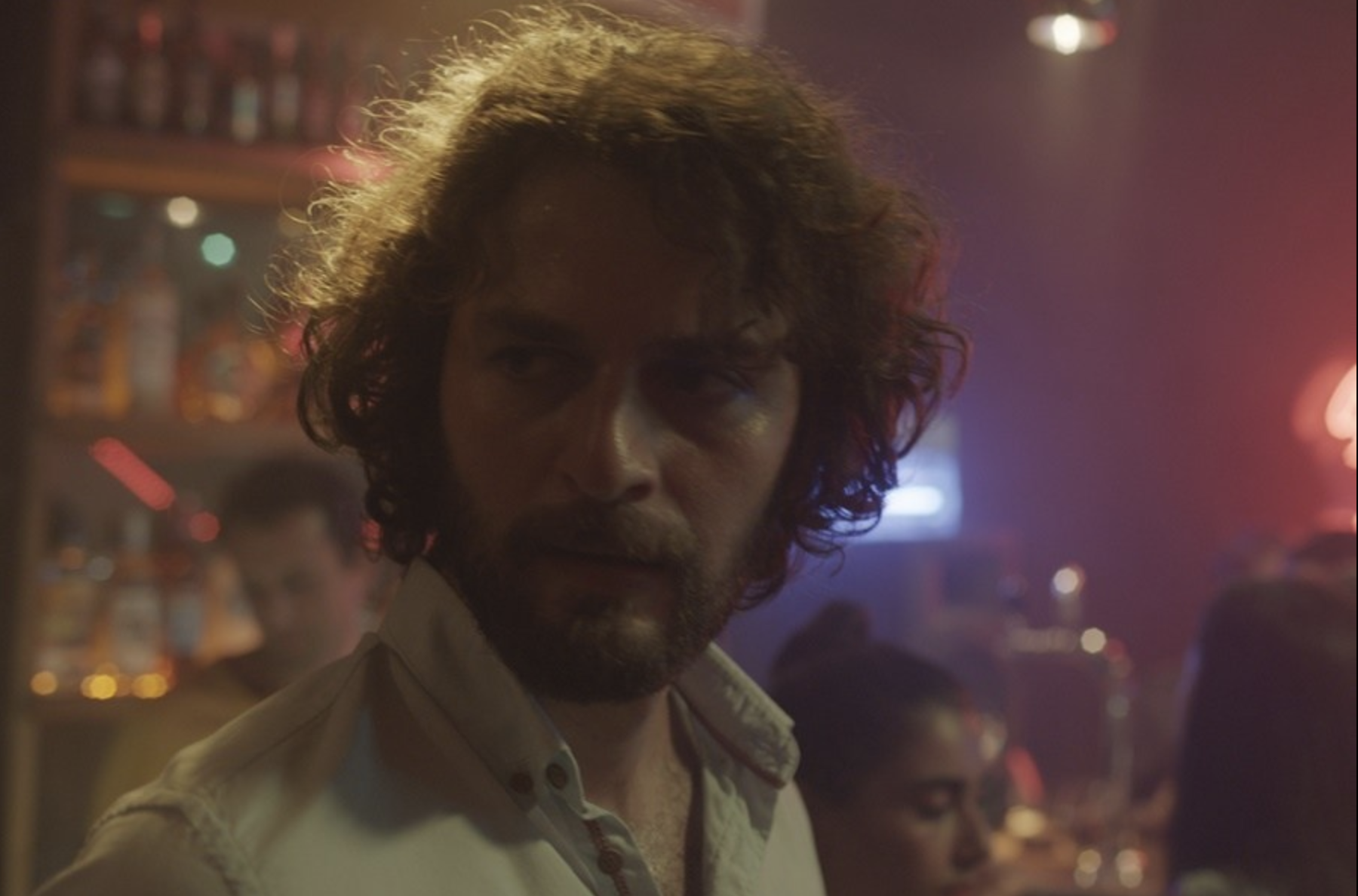If film is the medium inherently about the manipulation of time, space, the senses, and narratives, the thriller is a genre made to order. When done well, when filmmakers can juggle elements of audience engagement and artful deceit, the genre is a gift that keeps giving.
Catching a few such gems from around the world over a couple of SBIFF festival days both gave cause to reflect on the artistic health of the thriller globally and left me in a bit of a time-space daze. Or maybe that’s just the mind-altering effect of sinking deeply into cinema for multiple days in a row.
Slow-brew thriller tactics settle into the rarefied realm of the fine art world in director Giuseppe Capotondi’s sly The Burnt Orange Heresy. What’s this? An art critic as protagonist, albeit a slimy character? There he is, a glibly witty critic (Claes Bang, memorable in another artworld number, The Square) who gets the girl in more ways than one (Elizabeth Debicki) and, presumably, gets a coveted and career-super-charging interview/intervention with a reclusive art legend (Donald Sutherland).
Say what you will about the film, which is a nasty and sometimes sexy bit of fun, but the main reason to see it is to watch Mick Jagger do a reasonably fine job in the role of an eccentric art collector and schemer whose machinations lead to forgery, dead bodies, and other post-film noir doings. Our critic anti-hero’s day job suddenly turns bloody, but with a scent of comeuppance in the wings. Damn critics.
In the Turkish film aptly named Chronology, writer-director Ali Aydin plays with our heads and with linear storytelling in a clever way, suitable to the twisting story at hand. Without including in plot-spoiling — particularly a sin when it comes to thrillers — the tale of marital strain, a missing wife, and an ambiguous man-in-the-middle succeeds in grabbing our sympathies, with surprises in the lurch.
Things and characters not being what they appear is also at the heart of two strong but very different Danish films. The Exception (Undtagelsen), directed by Jesper W. Nielsen, follows the serpentine story paths of three women working in a Holocaust research center, subjected to threatening, terrorist-like emails, and worse. Matters of whodunnit and who did what to whom entangle, and
It’s a very different world, and filmic approach, at work in the darkly hypnotic Psychosia. Specifically, the story plunges us into a mental ward and the confused psychological state of its patients and a researcher with issues of her own. Before you can say Shutter Island — Martin Scorsese’s intense mental ward mind-trip with Leonard DiCaprio — rest assured that Psychosia has its own special and slightly surreal brand of filmic ploys and turfs in mind.
At the risk of overstating the critical case, Psychosia is a stylistically daring piece of filmmaking — one of few SBIFF films this year that push boundaries. It balances its palette of stately compositions and alternately tranquil and volatile atmospheres with the murk of its action and character development, even sometimes suggesting a latter-day echo of the tableau-painting of a Danish master, silent film maestro Carl Dreyer. Call it heresy, but Psychosia delights in the madness of its invention.

BORDER WOES, HIGHS: The subject of border-crossing, refugees and immigration angst is one of present-tense relevance, and one fraught with tension. Even so, there are ways to address the hot button topic with humor and humanity intact, a strong part of the appeal of the Italian film Easy Living, an audience favorite at SBIFF this year.
Director-writer brothers Peter and Orso Miyakawa have cooked up a fizzy and engaging confection with serious undertones. At its core is an empathetic motley crew of characters hovering around the resort town of Ventimiglia, Italy — a young woman who smuggles goods across the French-Italian border, her teenaged stepbrother, a sleazy but warm-hearted tennis teacher/painter, and “Elvis,” an illegal immigrant trying to sneak across the border to catch up with his wife in Paris. It all comes together beautifully in this quirky comedy with touches of heart and commentary on the immigrant crisis in this very specific border, but relevant around the world (take the Southern border of the U.S. as an example).
In the post-screening Q&A, Peter Miyakawa asserted that they “wanted to make a movie about the migrant issue, but to make it different. We wanted to make the migrant cool, and just be a character we have pity for.” Orso added that the issue “could easily be transposed everywhere. The dramatic side is often part of movies on the subject, but comedy can be the strongest way to make a message, to balance a laugh and a cry.” Both were accounted for here.
Films to See: The Birdcatcher’s Wife and Towards the Battle. Oh, and our man Brad Pitt takes on the Arlington, and vice versa tonight.





You must be logged in to post a comment.